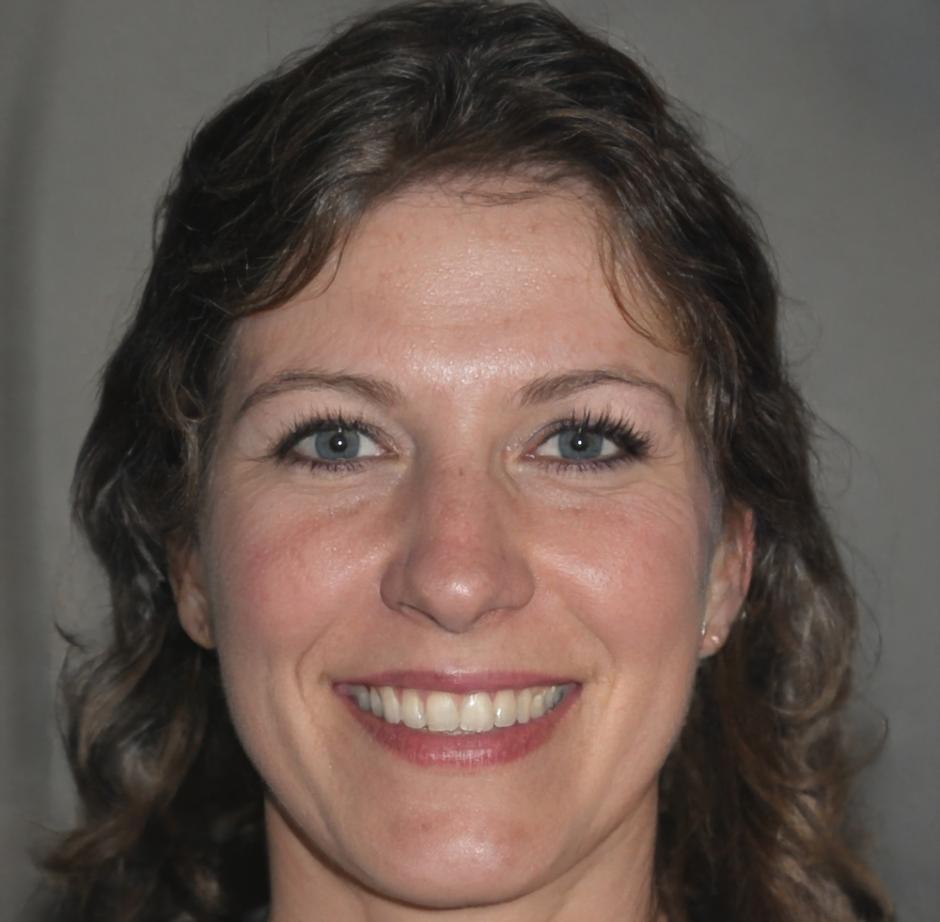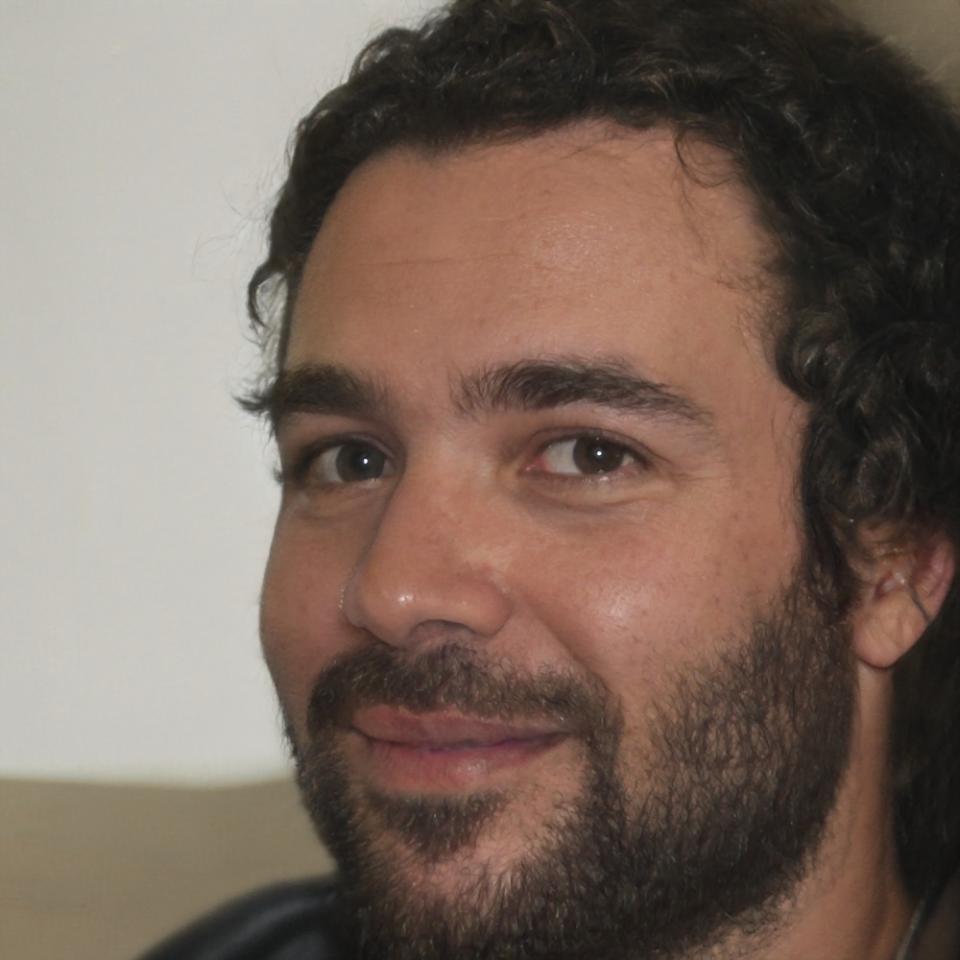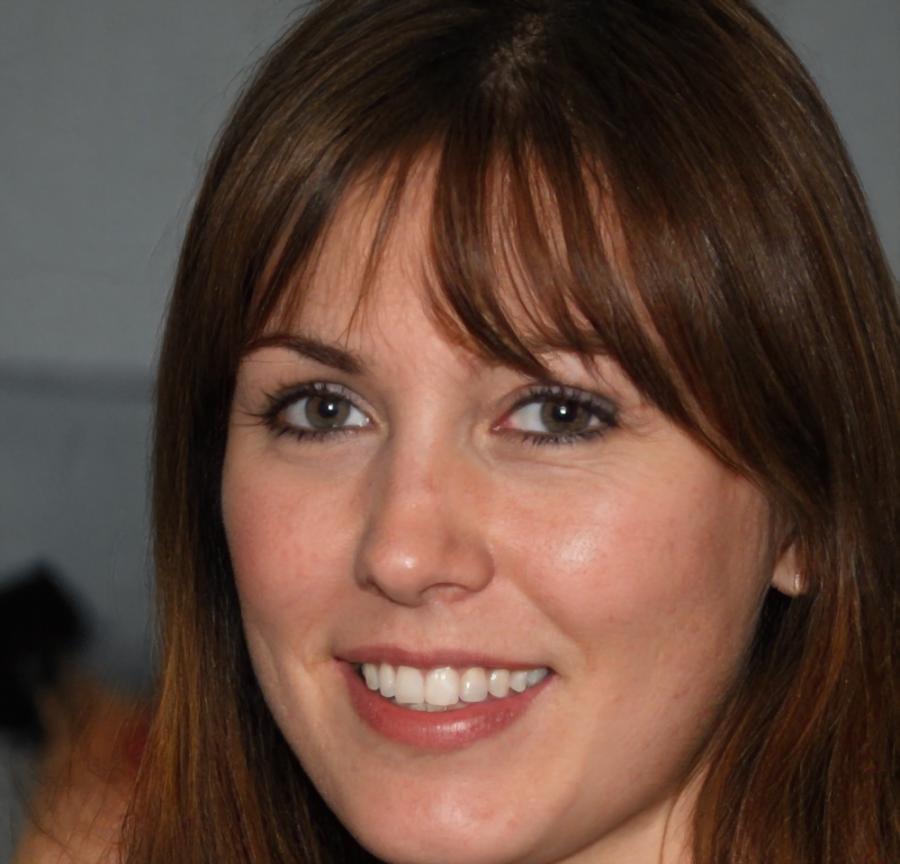Linnea Wiklund
Started with zero financial background, October 2024
I'd been ignoring my finances for years. Just didn't want to look at it. The first few sessions were uncomfortable—seeing everything laid out clearly was confronting. But then something clicked around week four. I started noticing patterns in my spending that I'd never seen before. Now I actually check my accounts regularly and make adjustments when needed. Still not perfect at it, but I'm not avoiding it anymore either.




